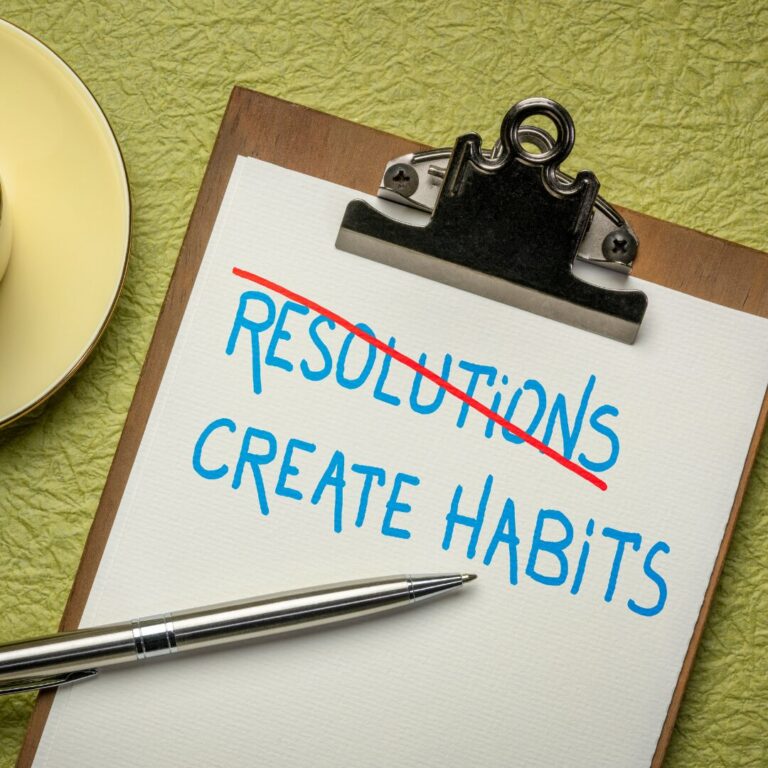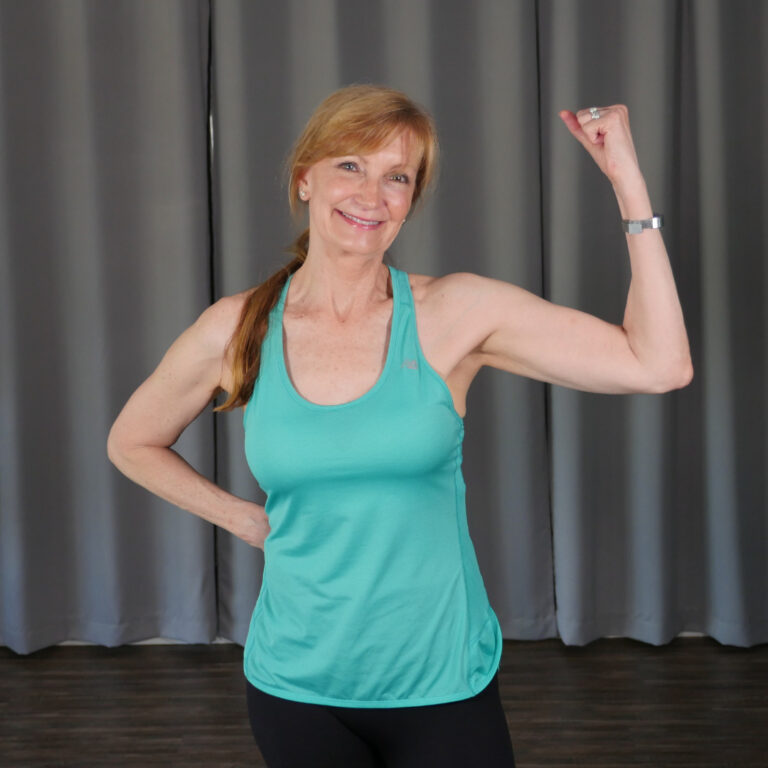7 Things That Could be Affecting Your Balance Over 50
Remember back when you saw a toddler learning to walk for the first time. It’s quite a process of tumbles and falls trying to gain the balance to be able to move freely. Once they have it and can balance their body, watch out because they are on the move! The importance of balance doesn’t really change as we get older. Better body balance makes it easier to do the things we love and helps prevent injury. But balance can be influenced by many things.
Follow along as I share 7 things that could be affecting your balance and what you can do to improve it.
1. You have an inner ear disorder
According to this article, Balance Disorders from the National Institute of Health, the health of your inner ear plays a key role in your balance. Disorders such as Vertigo, Labyrinthitis and Ménière’s Disease are all related to the inner ear and how it relay’s motion information to the brain.
If you have a balance disorder, your symptoms might include:
• Dizziness or a spinning sensation.
• Falling or feeling as if you are going to fall.
• Staggering when you try to walk.
• Lightheadedness, faintness, or a floating sensation.
If you are feeling any of these on a regular basis it’s important to speak to your doctor before trying any of my recommendations on how to improve your balance.
2. Your vision has changed
This make total sense to me. If you can’t focus on the things around you, especially when you’re moving, it can throw you off a bit. Poor vision may also cause a person to misjudge distance when reaching to grasp an object, which can lead to a fall. If you have balance issues and are noticing signs of deteriorating vision, like not being able to read road signs you used to be able to, or getting a headache from reading, consider visiting an optometrist for an eye exam.
3. You may have diabetes
For me I think of high blood sugar when I think of the disease diabetes but low blood sugar can also occur if you are not watching your nutrition or you’re dialing in new medications.
With diabetes comes the potential for other issues such as peripheral neuropathy. Peripheral neuropathy is defined as damage of the peripheral nerves. Your peripheral nerves are the nerves that travel to your arms and legs. When the nerves are damaged, they don’t function properly. People with peripheral neuropathy have decreased or abnormal sensation in their toes and fingers. Sometimes, they develop problems moving these parts of the body as well which can result in balance issues.
If you’ve already been diagnosed with diabetes, DO WHAT THE DOCTOR SAYS! If not and you are experiencing dizziness consult with your doctor. Prevent getting diabetes by cutting way back on processed sugar and refined carbohydrates!
4. Your house is an obstacle course
Falls at home account for nearly 9 million visits to the emergency room each year and are one of the leading causes of unintentional injuries in the U.S., according to the National Safety Council. A retirement home in Florida changed out the old shag carpet and saw a dramatic drop in hospital visits due to falling.
Reduce the risk of falling at home by taking a quick assessment of obstacles that present a tripping risk such a throw rugs, clutter, pets, etc.
5. Your meds are making you dizzy
Dizziness and lightheadedness is a side effect of certain medications, especially blood pressure medications, which can also cause you to take a tumble. Many people occasionally feel dizzy if they stand up too quickly. This phenomenon is more likely to happen in people with low blood pressure. If your medication is working too well this may be why you are feeling dizzy. See your health care provider to re-check your blood pressure levels, just in case you need to dial back on your medications. It’s also a good idea to buy a home monitor to keep closer tabs on your condition.
6. You’re sleep-deprived
If you are sleepy or groggy you are not as quick to respond to stimuli around you which could cause you to trip up. Sleep is so important but can be affected by many things. I’ve done several videos and blogs on sleep because it still is a big struggle for me and many other women. Let’s Face it YOUR SLEEP SUCKS, Walk and Learn -The Vital Role of Sleep for Weight Loss Over 50
7. And lastly, where I can really help, you have poor muscle strength
Sometimes, balance issues can be caused by simply not strengthening the muscles critical to balance. Want to see how your balance is? If you’ve ruled out all of the above do this simple test.
- Stand on a firm, flat surface with good shoes on
- Don’t hold onto anything but make sure you are close to a wall or chair so you don’t fall
- Open the stopwatch on your phone and press START
- Raise one foot off the floor
- Close your eyes (optional)
- As soon as you stumble or set your foot down press STOP
As a baseline for comparison, people age sixty and younger should be able to hold this pose for 30 seconds with their eyes open and more than 15 seconds with their eyes closed. People who are 61 and older should be able to hold the pose for 20 seconds with their eyes open and 10 seconds with their eyes closed. Anything less and it’s time to get busy.
How to improve your balance muscles strength?
Easiest way is to just practice. Stand on one foot as often as you can, walk heel to toe (like you would in a DUI test), raise up on your toes and hold that position.
As you get more proficient you can add in an unstable surface to stand on such as a wobble cushion or even a pillow. Better yet why not try one of my MANY balance workouts in the Be Healthy Enough Online Exercise and Wellness Platform. In the platform I also have a detailed balance test as well as dozens of videos to strengthen all of the muscles critical to good balance. I offer a 7 DAY FREE TRIAL so why not try one or 2 this week?
Also remember that a strong core = a strong body! Learn more as to why in my blog Simple Exercise to Strength your Core Over 50






